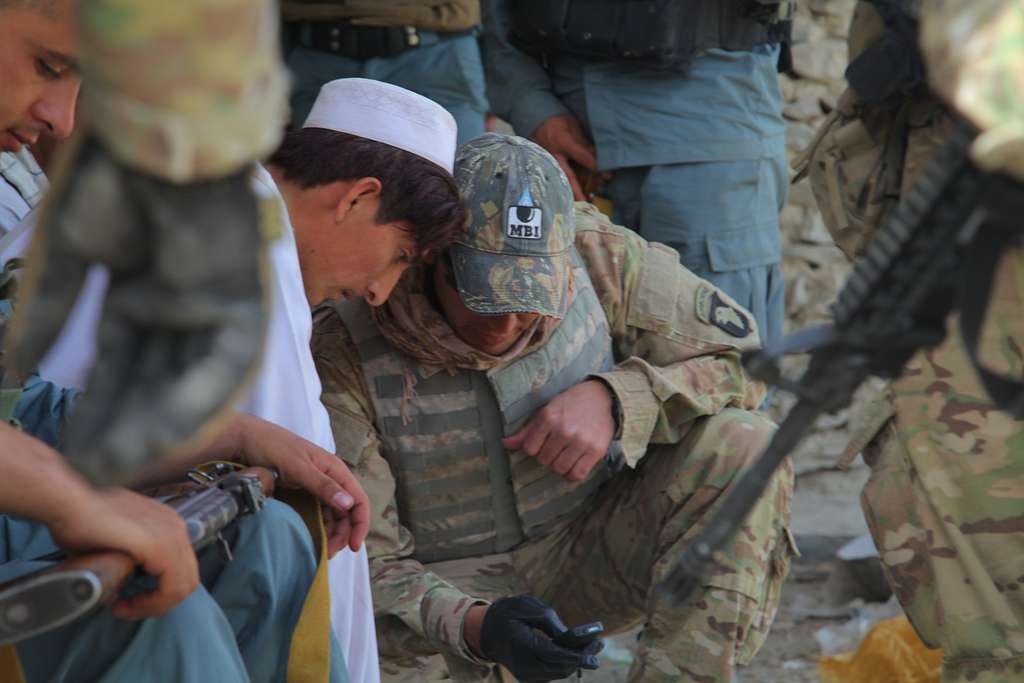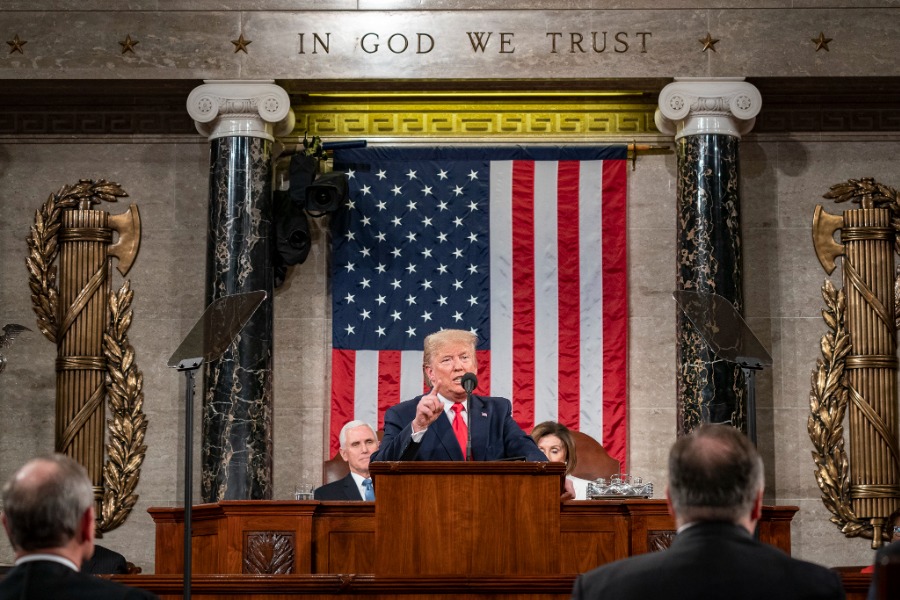More on Expansive Theories of Executive War Power
I certainly do not have the answer to the question, put yesterday by Senator Tim Kaine to Centcom Commander General Austin and Undersecretary of Defense for Policy Christine Wormuth, as to how Article II of the Constitution would permit the President to order the U.S. military to defend Syrian rebels against Bashar Al Assad’s forces. The legal argument is not obvious.
Published by The Lawfare Institute
in Cooperation With

I certainly do not have the answer to the question, put yesterday by Senator Tim Kaine to Centcom Commander General Austin and Undersecretary of Defense for Policy Christine Wormuth, as to how Article II of the Constitution would permit the President to order the U.S. military to defend Syrian rebels against Bashar Al Assad’s forces. The legal argument is not obvious. Earlier, Jack sketched out some expansive theories of presidential power that might be in play. In that vein, let me add that the executive branch, in seeking to explain the president's deployment of U.S. forces to the horn of Africa, once cited historical precedent for military action to protect foriegn nationals.
The OLC’s 1992 Somalia opinion arose from facts wildly different than those confronting the United States, and its train and equip program for certain Syrian rebels. Among other things, the U.N. Security Council resolution had authorized international humanitarian efforts in Somalia—and an earlier State Department legal opinion had viewed the institutional success of the United Nations as a “national interest” that the President alone could vindicate under Article II. There’s nothing doing in that important respect (and some other ones), so far as Syria goes; I thus wouldn't think the executive branch's Somalia analysis, overall, would be of real help now.
Still, the Somalia opinion did refer to “[p]ast military interventions,” which “extended to the protection of foreign nationals.” The historical precedent comprised two deployments of U.S. personnel, the first to the Dominican Republic, ordered by President Johnson in 1965; and the second to China, ordered by President McKinley in 1900. Both evidently aimed at the protection of U.S. as well as foreign folk. (Johnson, at the time, spoke of "preserv[ing] the lives of American citizens and citizens of a good many other nations — 46 to be exact.") In a stray footnote, OLC also cited In Re Neagle, in which the U.S. Supreme Court approvingly noted the Navy’s threat of force to protect a Hungarian, who had declared his intention to seek naturalization but was not then a U.S. citizen.
Does all this suggest a freestanding legal basis for our military’s defense of Syrian fighters? No.
Still, one can imagine the vignettes being trotted out, in the service of a (shall we say) forward-leaning Article II claim: Given that presidents have ordered military action to defend foreign nationals before, then arguably this President can order military action to defend foreign rebels, too—in circumstances where the latter have been trained and equipped by the United States, and risk decimation at the hands of a foreign state’s armed forces.





